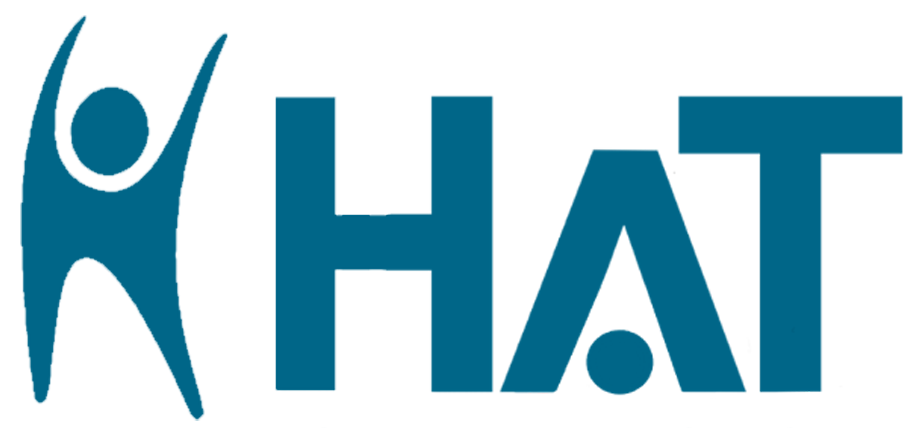Today’s presentation will be a Hybrid meeting with online and in-person options.
Join Zoom Meeting https://us06web.zoom.us/j/971381033
Join us in-person at The 519, 519 Church Street, Rm 301
“AI: The Future of Work and the Future of AI”
Presented by Victor Provenzano
Can one name some other current phenomenon --- other than our still worsening ecological crisis --- that is likely to affect the future outcome of our global civilization even more than the rise of AI?
In the medium term in the global north, will AI, as well as robotics coupled with AI, have an effect on the labor market that is even greater than the one that computers, automation, offshoring, and outsourcing have had, until now, in promoting the ephemeralization of work?
It is quite likely that AI is going to create an immense amount of new wealth and a somewhat significant number of new jobs, and that it will also likely be able to assist a large number of employees in the performance of their daily work. Will these foreseeable and more positive effects possibly counterbalance the social effect of the large number of jobs that AI will probably be able to eliminate over time?
The consensus of three recent studies is that all but 36 out of a total of 1,016 job descriptions will probably be affected by the rise of AI sometime in the “imminent” future. Do we currently have laws in place that will be able to cope with this potential degree of labor market disruption?
Given the exceedingly high energy demands of AI, will it be able to continue to insert itself into one economic sector after another on greater and greater scales?
What kind of effect will AI have on the culture and knowledge sectors of our economy, such as law and medicine, engineering, architecture, and design, the arts in the widest possible sense, writing, teaching, and programming, accounting and investment?
What about farming, mining and manufacturing, transportation and construction, for instance?
If a Google AI is already designing a new Google AI and is perfecting it in real time, is this a forerunner of the fact that, little by little, in the 21st century, AI is going to “replace” nearly all of us, as well as, in time, be able to simulate nearly every current facet of ourselves?
What will it mean to be “human” in a world where AI will conceivably begin to out-think and out-perform us in almost every imaginable task, including, for instance, kindness, empathy, wit, and understanding?
Two years ago, I saw a video of a female Japanese robot AI whose apparent “consciousness,” affability, naturalness, and use of language were seemingly convincing enough to pass a well-designed “Turing test” (as long as one were to ignore the apparent imperfections in the robot’s lip movements and facial expressions). If some of our new AIs are already able to simulate a human being more-or-less convincingly, what serious use will we even have for ourselves in the imminent “transhuman” era of AI, AGI, and the seamless simulation of “what it means to be human”?
AI already plays a role in some of the day-to-day “decision-making” of individuals and businesses. In the future, this will also be the case more and more often in our wider “policy decisions” at the level of government ministries. Someday, in our “politics,” will we, foreseeably, be ruled over by increasingly advanced AIs and AGIs that are --- or are not --- being guided by Asimov’s Three Laws of Robotics and, by extension his “three laws of AI”?
The First Law: A robot may not injure a human being or, through inaction, allow a human being to come to harm.
The Second Law: A robot must obey the orders given it by human beings except where such orders would conflict with the First Law.
The Third Law: A robot must protect its own existence as long as such protection does not conflict with the First or Second Law.
